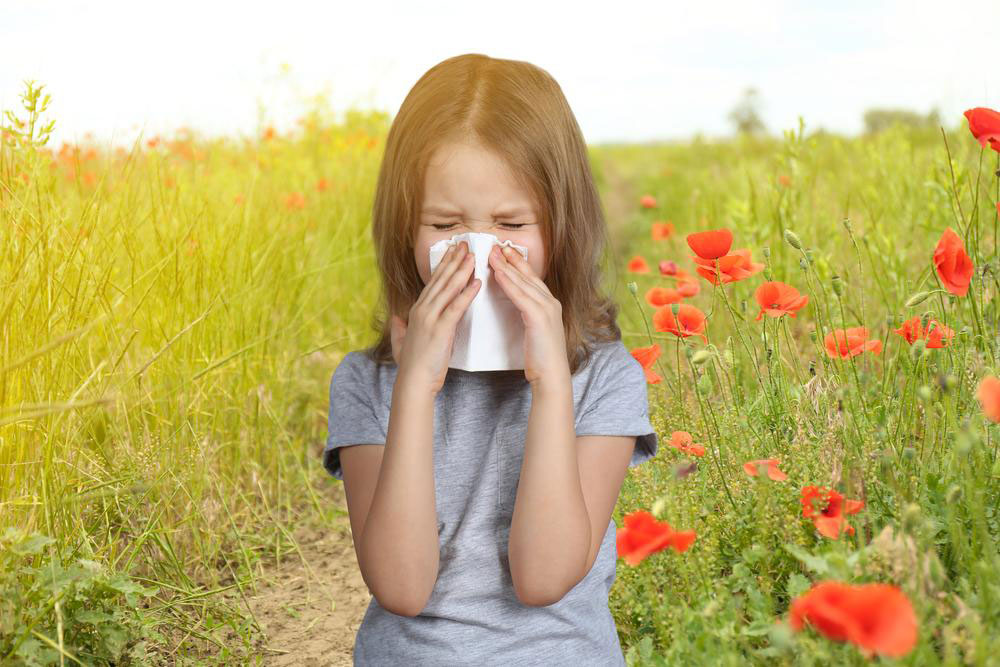Comprehensive Guide to Recognizing and Effectively Managing Allergy-Induced Coughs
This comprehensive article explains how to identify allergy-related coughs, differentiate them from common cold coughs, and discusses effective management strategies. It covers symptoms, triggers, treatment options like antihistamines and immunotherapy, and preventive measures to maintain respiratory health and prevent complications. Suitable for individuals suffering from persistent coughs or allergies seeking to improve their quality of life.

Understanding and Managing Allergy-Related Coughs for Better Respiratory Health
A cough functions as a vital protective reflex of the respiratory system, helping to clear irritants, excess mucus, or pathogens from the airways. For most individuals, occasional coughing episodes are normal and not a cause for concern. However, when a cough persists continuously for nearly three weeks, it becomes essential to seek medical attention. Persistent coughs can be symptomatic of underlying health issues, ranging from allergies and infections to more severe respiratory conditions.
Specifically, allergy-related coughs are caused by hypersensitive immune responses to environmental allergens. These coughs are distinct from those caused by common colds or respiratory infections. They can last for months and are often triggered by allergens such as pollen, dust mites, pet dander, mold, or other environmental pollutants. Unlike viral coughs, allergy-induced coughs do not typically present with fever or body aches but are frequently accompanied by other allergy symptoms like a runny nose, sneezing, itchy or watery eyes, and sore throat.
Allergy coughs involve a reflex triggered by inhaling allergenic particles, leading to increased pressure in the throat and a forceful expulsion of air when vocal cords are open. Unlike coughs caused by viral infections, allergy coughs are a direct result of allergen exposure. Identifying specific triggers such as pollen, dust, pet dander, or other environmental allergens is crucial for effective management. Typical allergy symptoms include nasal congestion, itchy and watery eyes, and postnasal drip. While these symptoms are generally mild, untreated allergies can sometimes result in secondary complications such as sinus infections or exacerbation of asthma.
As individuals age, their allergy symptoms may diminish due to changes in immune function. Nonetheless, some allergens—like certain foods, latex, insect stings, or medications—can cause lifelong sensitivities, requiring ongoing management strategies.
Effective management of allergy-induced coughs involves multiple approaches. First, avoiding known allergens to the greatest extent possible is fundamental. This includes measures such as maintaining a clean living environment, using HEPA air filters, regularly washing bedding, and reducing exposure to outdoor pollen during peak seasons. Pharmacological treatments, including antihistamines, decongestants, nasal corticosteroids, and leukotriene receptor antagonists, can significantly reduce symptoms. For persistent or severe cases, immunotherapy (allergy shots) may be recommended to desensitize the immune system over time and provide long-term relief.
Preventive strategies are equally important. These encompass comprehensive environmental control measures, such as minimizing dust accumulation, keeping pets out of bedrooms, and avoiding pollutants and tobacco smoke. Regular medical consultations help tailor treatments to individual needs and prevent potential complications such as the development of asthma. Early intervention and consistent management are key to reducing the impact of allergy-related coughs on quality of life, ensuring respiratory health and overall well-being.





